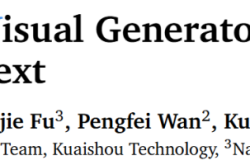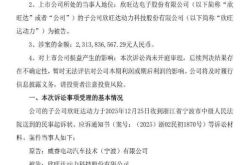Domestic game market in the past six months: Tencent vs NetEase, who comes out on top?
![]() 08/06 2024
08/06 2024
![]() 495
495
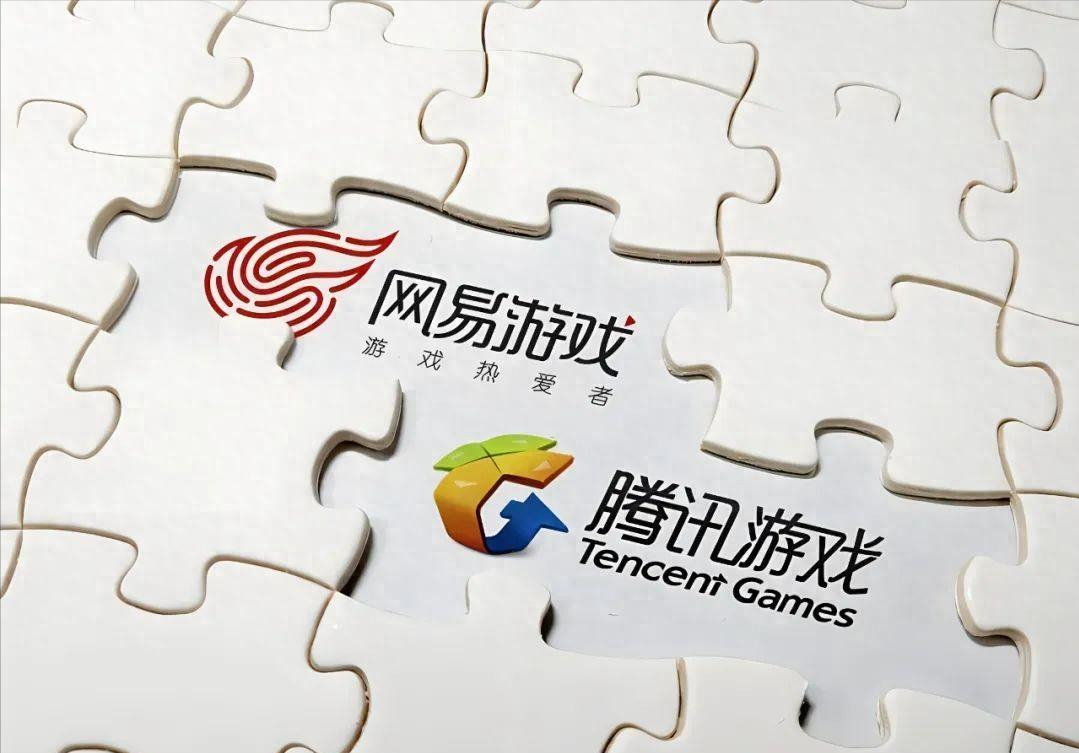
With the normalization of game license approvals and iterations in AI technology and gameplay, this summer's domestic game market has been more lively than previous years.
Starting from May, many highly anticipated new games such as "Ming Chao" and "DNF Mobile" have been launched consecutively, followed by "Need for Speed: Heat", "Naraka: Bladepoint Mobile", and "Zone Zero" from Tencent, NetEase, and miHoYo in July. According to incomplete statistics, a total of 99 new games were launched from June to August this year.
Amidst this prosperity, the most significant focus remains on the competition between Tencent and NetEase, the two leading game developers. Before the summer season began, the gap between the two had already widened in the first half of the year: With "DNF Mobile" yet to launch and "Party Animals" reaching new highs in daily active users in the first quarter, the revenue gap between Tencent and NetEase's games reached 27.64 billion yuan, the largest quarterly difference in the past year.
Last year, NetEase Games performed impressively, including "Party Animals", which reached 40 million daily active users during the Spring Festival this year, and "Ni Shui Han" mobile game, which aimed to "make MMOs great again." These two new games were quite successful.
However, "New Frontiers in Entertainment" noticed that while these new games performed well, the revenue gap between NetEase and Tencent's games unexpectedly increased rather than decreased last year. According to their respective financial reports, the revenue gap between NetEase and Tencent's games in 2023 was 104.1 billion yuan, an expansion of 2.37 billion yuan compared to 2022, which was somewhat surprising.
In fact, the outstanding performance of some new games obscured NetEase's issues. For example, as the trend in game spending shifted towards "low-spending," NetEase, which has traditionally focused on MMOs, struggled to adjust, and its evergreen game "Fantasy Westward Journey" deteriorated significantly over the past year, leading to a continued decline in NetEase's PC game revenue.
The recovery of Tencent's evergreen games such as "Arena of Valor," "Game for Peace," and "Brawl Stars" was evident in the first half of 2024. Coupled with the rise of new games like "DNF Mobile," "Teamfight Tactics: Galaxy," and "Area F2," Tencent further widened its lead over NetEase in Q1, hence the widening gap.
01. NetEase: The long road to transforming towards high DAU
Increasing player engagement by designing mechanisms for long play sessions and repetitive tasks is called "grinding" ( liver ). Providing paid items or services that allow players to gain advantages or save time through consumption is called "paying to win" ( krypton ). For a long time, "grinding" has maintained activity, and "paying to win" has sustained revenue, both crucial mechanisms in game operations.
However, since last year, two new trends have emerged in the mobile game industry: Firstly, reducing grinding and paying to win has gradually become mainstream. Secondly, developers are placing more emphasis on long-term operations rather than short-term profits. Frankly, this trend contradicts past experiences in the game industry, but after reviewing the situation, "New Frontiers in Entertainment" found that this change is inevitable. In today's game market, players have unprecedentedly rich choices and diverse tastes. The "grind-and-pay cycle" cannot adapt to higher-dimensional industry competition. Reducing grinding and paying to win, prioritizing product and operational quality, have gradually become a consensus. Game developers are pursuing high DAU to achieve a virtuous cycle of small profits but quick turnover.
NetEase's "Party Animals" and "Ni Shui Han" mobile games are representatives of high DAU in their respective genres under the new situation, especially "Party Animals," which can be considered the biggest dark horse in the game market in 2023. Its casual competitive design lowered the barrier for players, attracting a considerable number of minor players, putting immense pressure on NetEase's minor protection efforts. However, from a commercial perspective, this was NetEase's most successful exploration in transforming towards high DAU.
However, this innovative approach failed to successfully continue in similar products. At the end of March this year, "Legend of the Condor Heroes," which claimed to have taken six years and cost one billion yuan to develop, entered open beta testing. Both its thematic positioning and promotional slogan, "Bringing down the price of MMOs," indicated its intention to compete with or succeed "Ni Shui Han" mobile game.

However, its post-testing performance fell far short of expectations.
According to Dataeye, it peaked at only 24th on the iOS best-selling list on its first day of open beta testing and received a 5.1 rating on TapTap (out of 10), with both revenue and reputation falling short of expectations. In June, it even dropped out of the top 200 best-selling lists, prompting NetEase CEO Ding Lei to announce a reshuffle of the "Legend of the Condor Heroes" project team in an attempt to turn the tide.
An essential reason for "Legend of the Condor Heroes"'s " Overturning " (failure) was that the game had been heavily promoting "low-spending" before its launch, particularly the implication that "direct-purchase costumes and accessories are permanently priced at 9.9 yuan." Firstly, MMOs are strongly tied to social interaction, and the significance of costumes goes beyond aesthetics to include social display value. A uniform pricing model can undermine some players' purchasing needs. Furthermore, the advertised "low price" had some water, as players discovered after the game's launch that costumes were split into different accessories such as "hairpins, clothes, accessories, earrings," etc., making it impossible to complete a set with 9.9 yuan.
Beyond the underwhelming performance of new games, NetEase faces even greater challenges with the aging of its evergreen titles. In the first half of this year, NetEase proactively made significant adjustments to "Fantasy Westward Journey," focusing on reducing the output of dungeon rewards. However, this change sparked protests from veteran players who felt the game was indirectly forcing them to purchase in-game resources. This significantly dampened player enthusiasm, leading to a noticeable decline in PC game revenue. Investment banks expect that the return of Blizzard games like "World of Warcraft" to the Chinese market may not necessarily fill this gap.
Furthermore, regarding hit games, the aforementioned "Party Animals" clearly has the potential to become an evergreen title, but the game has significantly cooled down since the first quarter of this year. According to QuestMobile data, the game's monthly active users in the second quarter of this year decreased by nearly 30% from the previous quarter, with corresponding fluctuations in revenue. Sensor Tower data shows that the game's revenue in May decreased by 56% year-on-year, and Goldman Sachs revised its 2024 revenue forecast down to approximately 4 billion yuan, significantly lower than the 8 billion yuan in 2023.
These inconsistent performances make it difficult for the market to make clear judgments about NetEase's upcoming product matrix.
02. Tencent: Evergreen trees and new sprouts growing side by side
Compared to NetEase, Tencent Games' focus in the first half of this year was on evergreen games like "Arena of Valor" and new games like "DNF Mobile."
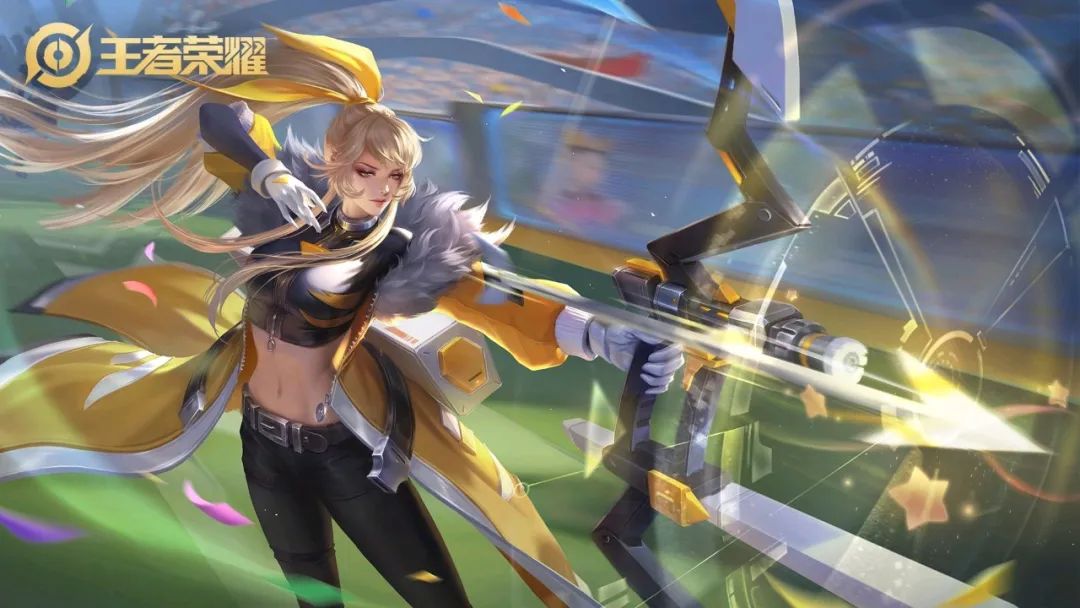
During the post-earnings conference call in March this year, Tencent announced the criteria for its key popular games, stating that the company has eight games with daily active users exceeding 5 million (or 2 million for PC games) and annual revenue exceeding 4 billion yuan. "We define our evergreen games as those that can truly sprout new growth, like evergreen trees that recover on their own," Tencent said.
Analysts at GF Securities analyzed the concept of evergreen games, noting their characteristics as gameplay-driven, diverse monetization, and strong long-term operational capabilities. As the game industry enters a stage of refined operations, the importance of evergreen games is increasingly prominent. Companies with long-term development or publishing experience and multi-format derivative capabilities are more likely to establish emotional connections with users through long-term operations.
Currently, Tencent Games' product matrix is dominated by evergreen games such as "Game for Peace" and "Arena of Valor," both rooted in hardcore gameplay, similar to sports like football and basketball. The fairness and depth of their gameplay determine their evergreen status, and short-term fluctuations do not affect their long-term performance.
Taking "Game for Peace" as an example, the game's ecosystem has continued to evolve and iterate this year, collaborating with various IPs to expand its influence beyond its core audience. After recovering year-on-year revenue growth in March, "Game for Peace" maintained its momentum. According to Sensor Tower data, the game's revenue increased by 28% year-on-year in May.
In terms of new games, "DNF Mobile" topped the iOS free chart on its first day of launch in China in May and quickly rose to the top of the best-selling list. According to Sensor Tower, the game's revenue approached $251 million in June, making it the highest-grossing mobile game that month.
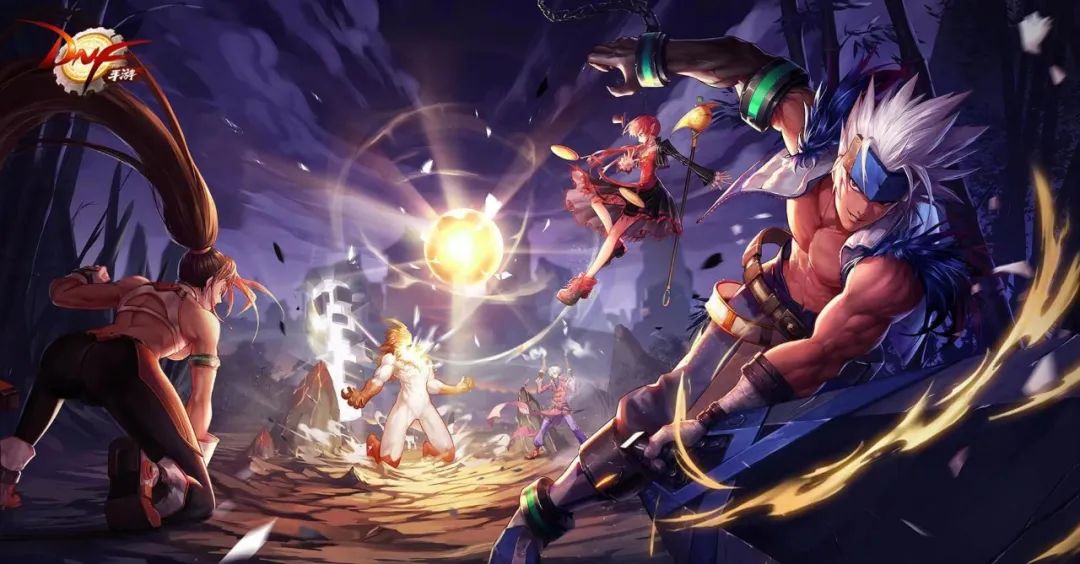
Additionally, a batch of new Tencent games have taken up the mantle of growth, with "Area F2" and "Teamfight Tactics: Galaxy" forming a new frontline that has been praised in recent years. A prime example is "Teamfight Tactics: Galaxy," which belongs to the auto-battler genre and relies heavily on strategic gameplay that depends on players' own operations and decisions. Coupled with continuous additions of new mechanisms and limited-time modes in subsequent operations, the game has refined its numerical planning, maintaining and expanding its playability and depth.
Sensor Tower data shows that the game's revenue increased by 96% year-on-year in the first quarter of this year, achieving double-digit growth for four consecutive quarters. The game maintained a high growth rate in April and May, and its user engagement has increased significantly over the past year, with monthly growth rates consistently approaching 50%.
In the view of "New Frontiers in Entertainment," as the game market enters a "new normal," games that prioritize gameplay and return to user experience are more likely to become hits.
03. After the divergence in strategies, is there still suspense in the "pig vs goose" competition in the second half of the year?
Returning to the broader perspective, not only the top players but also mid-tier game developers are attempting to leverage the heat of the summer season to climb the rankings and reshape the industry.
For example, the SLG genre has traditionally been dominated by "Rate of Kings" and "Sanguo Zhi Zhanlue Ban" (Three Kingdoms: Strategy Edition). However, Bilibili's new game "Sanguo: Conquer the World" launched on June 13 and immediately climbed to the top three on the iOS best-selling list, maintaining a stable ranking in the top five recently. "Sword Network 3," another game under Xishanju that focuses on long-term operations, also entered the mobile game market in June with cross-platform compatibility. It even engaged in a heated social media spat with "Ni Shui Han" mobile game, staging a "commercial war" in the realm of martial arts MMOs.
In this fiercely competitive market, it is more challenging for developers to defend their territories.
Therefore, this year's "pig vs goose" competition has already shown a clear divergence in their respective product matrix strategies: Tencent emphasizes a long-term perspective, focusing on evergreen games to provide stable support, leaving ample research and development time and growth space for new products, pursuing a healthier and more sustainable development overall. In contrast, NetEase attempts to transform towards a high DAU strategy but faces significant challenges in maintaining user engagement. The success of "Ni Shui Han" mobile game failed to replicate in "Legend of the Condor Heroes," and "Party Animals" has slipped in the best-selling rankings, leaving NetEase to focus solely on "Naraka: Bladepoint Mobile" in the short term.
Judging from the popularity of "DNF Mobile" since its launch, it is almost certain that the revenue gap between Tencent and NetEase's games will continue to widen in the second half of the year. Morgan Stanley predicts that Tencent's game revenue will grow by 10% year-on-year in the second half, double the growth rate of NetEase's games. Considering Tencent's larger game revenue base, this means that Tencent's lead will further expand.
Of course, the summer season has just passed the halfway mark, and the competition in the second half has only just begun. We believe we will see more clues in the coming months to determine the winner of the "pig vs goose" competition.
*The featured image and illustrations in the article are sourced from the internet.




